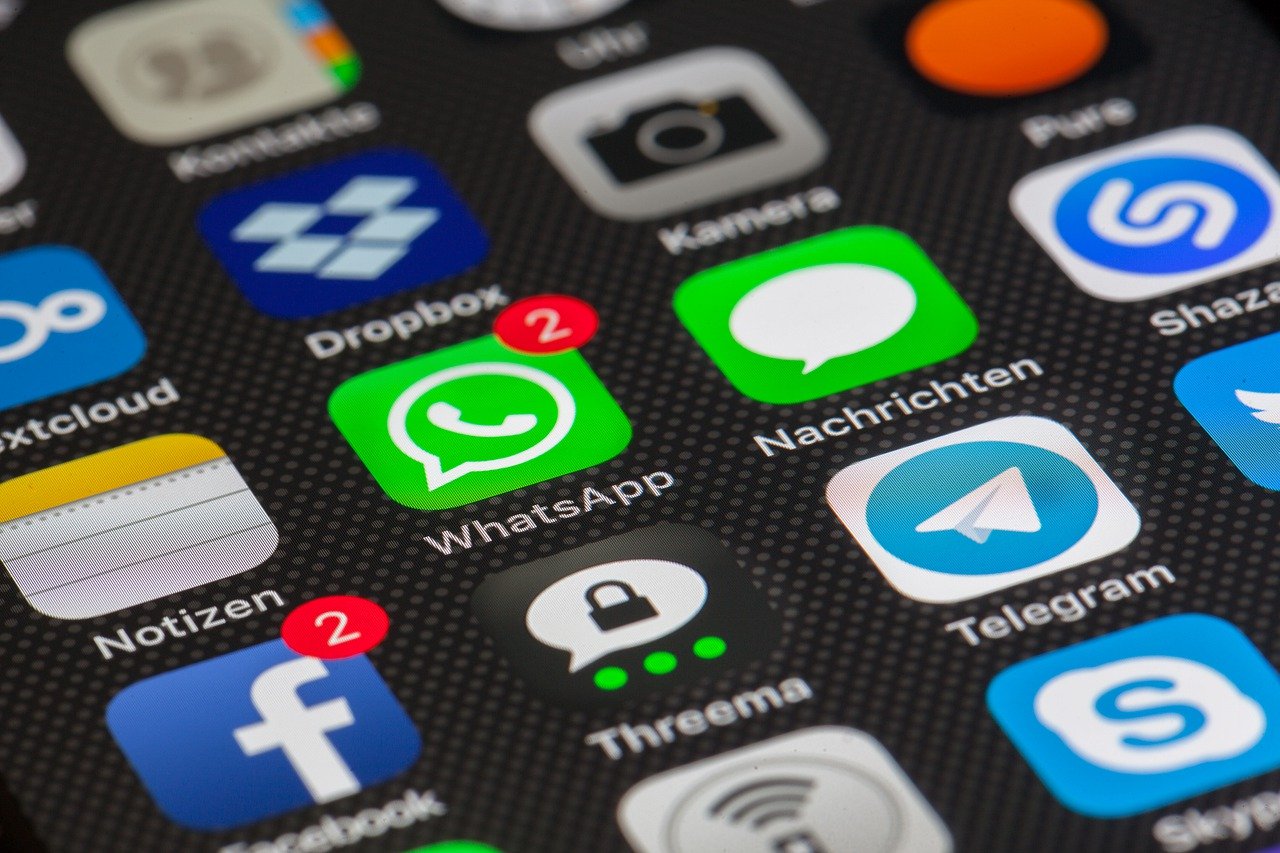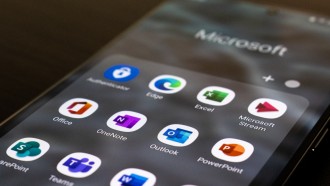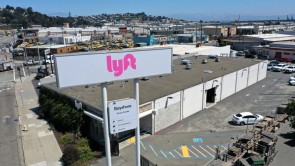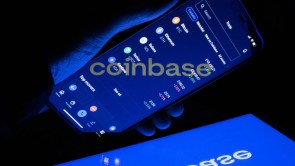
莫bile applications have been nothing but transformative in the way businesses operate. In 2020, approximately 3.5 billion people worldwide own a smartphone. Mobile apps currently present the most efficient, direct, and customizable way to deliver information about a product andencourage clients to remain loyal to a particular brand.
Why Does Every Business Need a Mobile Application?
Companies continuously battle for the attention and loyalty of their customers. The competition to offer the best product to a wider audience is never-ceasing. Consequently, in such a rapidly changing environment, the winner will always turn out to have established the most effective and convenient communication channels with their clientele.
莫bile applications in the contemporary world carry the same significance as websites used to have a decade ago. Below is a breakdown of how mobile apps contribute to the growth and success of many businesses.
Build Continuous Presence
莫bile app development may seem intimidating to some companies, but the benefits it brings fully justify such an investment. One of the reasons for this is the ability to be visible and accessible to customers at all times. On average, a person in the U.S. spends around 2.7 hours on their phone daily. As much as 86% of that time is devoted to various apps rather than the activity in a browser.
Having a customer install a mobile application with a sleek icon design can by itself invoke and maintain the person's interest. There are various types of mobile apps out there and you can choose the one that matches with your audience. More information about the types of mobile app development and existing services you can find onlitslink.com
Even though the client may not interact with the app every day, instilling constant presence goes a long way towards helping build the association between a service and one particular company.
更快地传递信息
Push notifications enable companies to interact with their customers in real time, delivering updates more rapidly than ever. A person is more likely to pay attention to notifications from their mobile app than to check the company's website or even the individual's own email. This way, it becomes possible to deliver information about price changes, sales, messages, and new products and ensure that the customer receives it.
Digitized Loyalty Programs
The old card system is functionally good, yet not quite adapted to the new world striving towards more technological solutions. Transferring a loyalty program entirely to the mobile is not a good option, but providing this possibility and encouraging customers to use it is, without a doubt, beneficial. The digitization of a loyalty program is likely to attract new clients, as well as increase the number of downloads of the app, thus expanding the audience and including already existing clients who would be otherwise unlikely to install the application.
Extend the Brand and Improve Recognition
Any company worth its salt will strive to make their brand work for them. A mobile app presents a unique possibility to create an incredibly memorable and powerful brand image through the app's design and icon. It can be bright, explosive, informative, minimalistic. But most importantly, it can be effectively descriptive of the company, its general values and focus.
Expand the Target Audience and Increase Customer Engagement
莫bile apps are particularly attractive to the younger generation who has always lived in the world of texting, ordering things online, and having contact with their service providers 24/7. Therefore, if a company lacks its own application, it can easily exclude many people from even giving it a try.
Besides, mobile applications help improve customer engagement through chats and order forms. Ordering a product in just a few clicks is significantly faster and less stressful for many than making a phone call for the same purpose. Mobile apps also enable companies to receive feedback on the quality of their service, improving both their performance and their customers' experience.
Statistics on the Example of 2019 Winter Holiday Season
In 2019, Cyber Monday witnessed a skyrocketing number of sales conducted via mobile platforms. Smartphones alone contributed to $3 billion in sales, which is approximately 36% more compared to2018's $2.2 billionattributed to the use of mobile shopping applications.
During 2019 Black Friday,65% of all online saleswere conducted via a mobile device, and 39% specifically via smartphones. These figures are only expected to grow in the following years, and businesses should expect a sharp need to adjust their services. This tendency has also increased tenfold during the current coronavirus lockdown, displaying how underprepared many businesses without mobile applications are at maintaining the connection with their customers at a distance.
莫bile Applications are Crucial for Modern Business
Online platforms have been stressed numerous times over the years as a vital element of any business. In 2020, it's critical to take the acknowledgment of online platforms to the next level and tailor the structure of a company's products and services to suit the mobile market.
Smartphones are an ever-present attribute that most shoppers in the U.S. and all over the world always carry in their pockets. These tools enable people to browse, assess, and buy items within minutes, effectively simplifying the process and reducing the time that consumers spend agonizing over the decision to purchase a product. Mobile applications can help build a larger client base, win the customers' loyalty, and stay far ahead of the competition.













